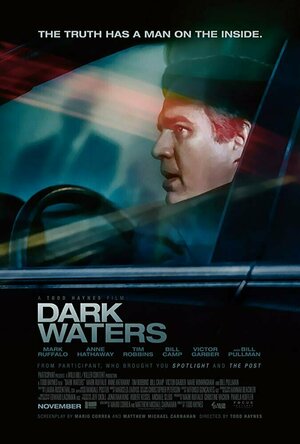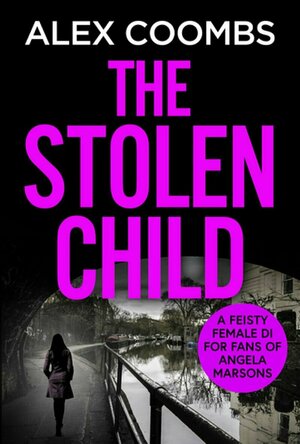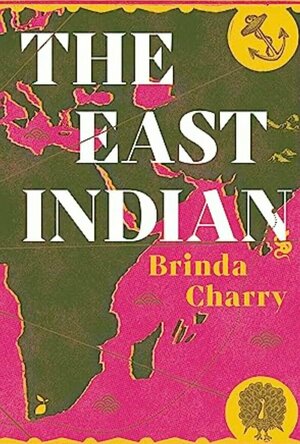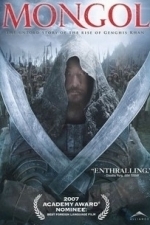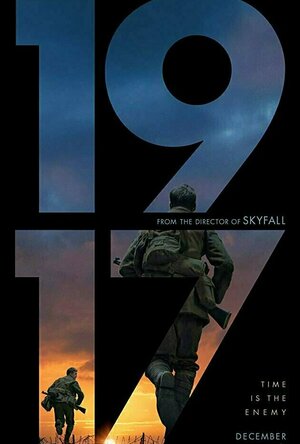Gareth von Kallenbach (980 KP) rated Dark Waters (2019) in Movies
Nov 28, 2019
Bilott, is visited by a farmer, Wilbur Tennant (Jim Azelvandre), who was an acquaintance of his Grandmother. As a child, he visited her home in West Virginia during the summers and had fond memories of that farm. Robert, having worked with DuPont on many cases, felt confident that he would be able to sort out the situation for Tennant. What he does not realize until he visits Wilbur’s farm is that the situation is more dire than he had known.
Wilbur had arrived with multiple VHS tapes recording the various issues that were happening to his farm animals. Bilott witnesses the mass graves that littered Tennant’s farm from his herd that had died from various illnesses. Wilbur is convinced that the reason is the dump that DuPont has created next to his property.
Mark Ruffalo’s portrayal of Bilott is an exercise in subtlety. He becomes more purpose driven once his investigation and research in the information that DuPont had sent due to discovery. Anne Hathaway plays Sarah Bilott, Robert’s wife and steadfast partner. Over the years, Sarah had been supportive, however as the case drags on and Rob’s pay gets cut repeatedly, the strain begins to show.
This film has a stellar cast. From Tim Robbins, as Tom Terp, the managing partner at the firm, Victor Garber as DuPont’s in-house counsel. Mare Winningham as Darlene Kiger, a lead plaintiff in the class action suit and Bill Pullman as Harry Dietzler, lead counsel for the plaintiffs.
This movie has the quality that awards season loves. It is a David vs. Goliath, under dog wins story. Mark Ruffalo does a great portrayal of a man who initially does not want to pursue the case, then shifts to the defender of the people.
This movie is along the lines of Erin Brockovich and Norma Rae.
4.5 out of 5 Stars

Shadow Fight 3
Games
App Watch
Step into the world of shadows at the time of changes. Reveal all its dark secrets and become the...
games
Hazel (2934 KP) rated The Stolen Child (Hanlon Series #1) in Books
Jan 21, 2021
I haven't read anything by this author before and missed this first time round when it was published under a different name but I'm so glad I didn't let it pass me by this time because what a treat it is, although it should come with a warning as there are some very unsavoury sections regarding child abuse that will upset people so be warned.
What we have here is a hard-hitting, gritty and dark story that starts at a fairly gentle pace whilst introducing the main characters but then, wow, it ramps up and doesn't stop until the end. The characters are exceptional and so well described that I could clearly see them in my mind.
The main character, DI Hanlon, is driven by her own form of justice and won't shy away from any situation even if it goes against the letter of the law - she will do what it takes to bring those responsible for despicable crimes to justice and she doesn't hold back. She is one tough cookie and I doubt any miscreant out there would want to be on her bad side!
The sense of tension Mr Coombs developed was palpable and the emotions this book evoked were so strong that I actually felt my heart-rate climbing and experiencing real anger and hatred towards some of the characters - not many books do that which, to me, shows the ability of the author to really draw you in and develop people and situations that get under your skin.
Due to the subject matter and the level of violence contained, this won't appeal to everyone however I would certainly recommend it to those who enjoy a less than flowery police procedural that is likely to be more realistic than most other books in the genre.
Many thanks to Boldwood Books and NetGalley for my copy in return for an honest, unbiased and unedited review and for introducing me to yet another excellent British author.
I'm off to read the second in the series now - The Innocent Girl.

Viz Annual: The Jester's Shoes 2018
Book
A Toe-Curling Stack of the Best Bits from Issues 242-251 Mankind's constant need to do better - to...
Language reference
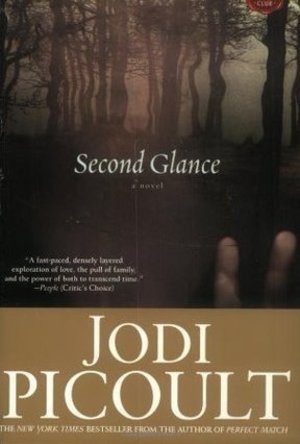
Second Glance
Book
When odd, supernatural events plague the town of Comtosook, a ghost hunter is hired by the developer...
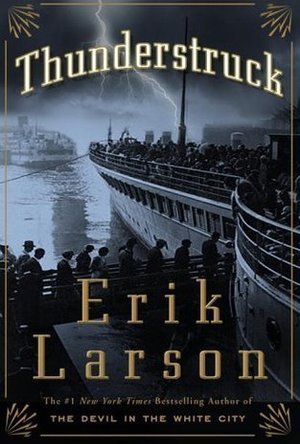
Thunderstruck
Book
The interwoven stories of two men whose lives intersect during one of the greatest criminal chases...
ClareR (6062 KP) rated The East Indian in Books
Jul 13, 2023
“Tony” (so named because a British man couldn’t pronounce his real name, and we never find out what that is) comes from the Coromandel coast. He travels to London with a white man in order to be his servant, but the man dies on the voyage. In London, Tony has to fend for himself, a child alone in a big city that takes advantage of the vulnerable. Unsurprisingly, Tony is kidnapped, transported to America, and becomes an indentured servant. It looks as though his dreams of becoming a medicine man will never come to pass. But he does make friends with some of the boys on the voyage. When he arrives in America, he is mistaken for a native Indian - he isn’t as black as the Africans - and he’s often referred to as a ‘Moor’.
There’s little wonder that Tony has so many friends, he’s a likeable boy. He hates to see the maltreatment of his fellow indentured servants and slaves.
This book illustrates the lives of indentured servants and the beginning of slavery under British rule in the colonies. It’s not a nice way to live; seen through the eyes of a child it’s both less and more horrific. Tony doesn’t necessarily see how bad things are, because he has no comparison until he starts to get older.
The most infuriating part for me (it’s a long list!), was how Tony and the Africans were ‘othered’ by the white man: they weren’t to be trusted, their ways of life were seen as primitive, they were seen as a belonging or little better than animals.
This book predates slavery as it was to become, but you can see the beginnings of it. As an indentured servant, you belonged to your master.
Jamestown is described so well (sights, sounds and smells) as are the wilder areas: the forests, mountains and rivers. It sounded beautiful, kept that way by Native Americans who were already being driven from their homeland.
It’s a sobering, beautiful story, and I’m so glad that I got the chance to read it - thanks Pigeonhole!
Chris Sawin (602 KP) rated Mongol (2008) in Movies
Jun 19, 2019
This movie is shot beautifully. Every shot is filled with vibrant colors and seems to be shot in a unique way. There are quite a few first person perspectives during battle sequences that are quite stunning. Seeing the blood splatter all over the camera is always a plus, in my eyes. The battle scenes are where the film truly shines. The way they're shot make you feel like you're in the middle of it all. The perspective on a lot of the angles during not only the battle sequences, but in the movie as a whole, are impressive in their own right. The music also lends a helping hand in making this movie incredible. While some of it wasn't to my liking, the majority of it fit the film like a glove and only enhanced what was going on in the film and what the characters were going through.
The main reason I checked out this movie was because of Tadanobu Asano. I've mentioned my admiration of his acting in the past, but I had heard that this was possibly the most physical role he ever had. That peaked my interest. Well that and the fact that he was headlining the film. He definitely doesn't disappoint in this and he only seems to impress me more with each film I see that he's involved with.
Mongol may not be as action packed as the trailer leads you to believe. There are a handful of really impressive action scenes, but there's a lot of character development in this as well. The acting is top notch and as I mentioned, the visuals will have your eyes glued to the screen the entire time. I think the last twenty minutes or so make this film worth seeing alone. While it isn't action packed for two hours straight, I like to think that if you're a fan of movies like 300 then you'll probably enjoy this. This is just a bit more story driven.
Gareth von Kallenbach (980 KP) rated 1917 (2020) in Movies
Nov 28, 2019
As we know this did not happen as a generation later the world was once again at war with even great death and destruction to follow. However in “1917” we see the conflict from the viewpoint of a lowly Corporal Schofield (George MacKay) who along with his friend Blake (Dean-Charles Chapman) are tasked with delivering a message across enemy lines to warn advanced units to call of an attack due to an ambush being set by the Germans.
The duo are told that the enemy has pulled back and as such; the dreaded No Man’s Land between the opposing trenches are likely to be abandoned as well their approach to a town near their destination. With the phone lines down; the duo are the only option and they are at first shocked to learn that it would just the two of them.
As they make their way across a grim and corpse-laden battlefield, the audience as well as the two men get a look at the horrific conditions that combat took place under and how fallen individuals were left to decompose where they fell due to the entrenched and stagnant nature of Trench Warfare.
As complications mount, the two must face up to their greatest fears and challenges; driven by a sense of mission and purpose for a conflict they just want to see end so they can return home to their families.
Director Sam Mendes has crafted an Oscar Caliber film as it is gripping as it is breathtaking thanks to the amazing visuals. The contrast between the beauty of the landscape and the carnage of war has rarely been captured as well as it was in this film and the fact that Mendes had a hand in writing the story based on stories told by a relative really help to bring the full impact of the story home.
The film has some amazing sequences like sustained and extended shots where you wonder how Mendes was able to film scenes with so many things going on in one take as there is a scene near the start that looks as if it is an extended scene with no breaks or cutaways.
In the end the biggest selling point for the film is that it is a human drama at its core. While there is combat and action, they are not the focal points as much of the film centers around the young men and their conversations.
The film will stay with you after the credits roll and I consider “1917” to be one of the best films of 2019 and one not to be missed.
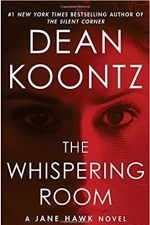
The Whispering Room: A Jane Hawk Novel
Book
Jane Hawk--fiction's most relentless, resourceful, stunning new heroine--continues her battle...
thriller
